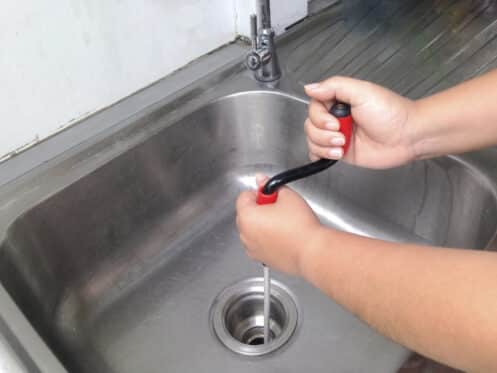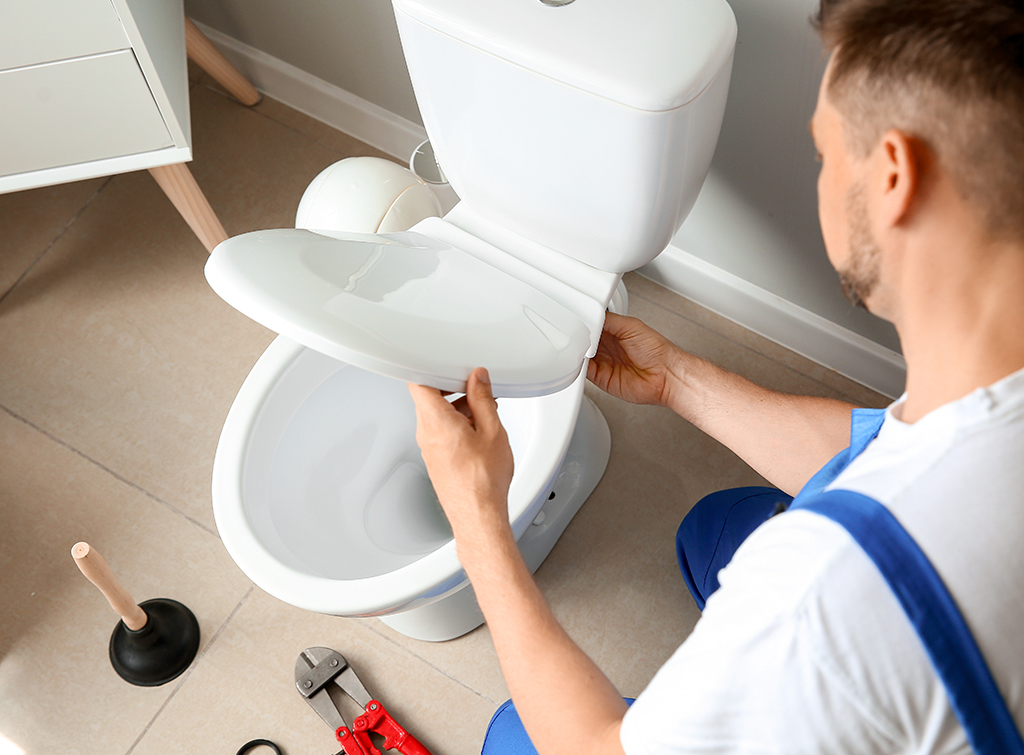How to Manage Your Bathroom Plumbing: Essential Tips for New Homeowners
How to Manage Your Bathroom Plumbing: Essential Tips for New Homeowners
Blog Article
Just how do you really feel when it comes to Plumbing Tips for New Homeowners?

For new homeowners, understanding and keeping restroom plumbing can conserve both time and money by protecting against expensive problems down the line. Here are some essential washroom plumbing pointers to help you maintain whatever running smoothly.
Plan For Cold Weather
Protect your pipelines from freezing during winter by protecting pipelines in unheated areas like basements, attic rooms, and garages. During severe cool, allow cold water drip from faucets offered by subjected pipelines to assist prevent cold.
Schedule Routine Maintenance
Think about organizing annual examinations with a qualified plumbing technician. They can find issues that you might miss, such as concealed leaks or wear and tear on pipelines and fixtures. Normal maintenance assists extend the life of your pipes system and can stop emergency situations.
Familiarize Yourself with the Key Shut-Off Valve
Recognizing where the major water shut-off shutoff lies in your house is vital. This allows you to promptly turn off the supply of water in case of significant leaks or during plumbing emergencies, protecting against comprehensive water damages.
Frequently Evaluate for Leakages
Small leaks can lead to big issues. Regularly inspect under sinks, around bathrooms, and near pipes fixtures for any indications of leakages. Look for dampness, small drips, or rust. Catching and repairing leaks early can protect against more serious damage and save water.
Preserve Your Hot Water Heater
Ensure your water heater is readied to an ideal temperature (normally about 120 levels Fahrenheit) to avoid hot and minimize power use. Flush the container each year to remove sediment accumulation, which can lower the effectiveness and life-span of your heating system.
Update Your Components
If your home has older components, consider upgrading to more effective designs. Modern bathrooms, showerheads, and faucets are developed to make use of much less water while supplying great pressure, which can dramatically decrease your water expense and environmental footprint.
Beware with Do It Yourself Plumbing Repair Works
While it's alluring to take care of all home fixings by yourself, be cautious with plumbing. Some concerns could require expert expertise, particularly if they include primary water lines or sewer repair services. Working with a professional can occasionally be much more affordable than DIY, specifically if it stops additional damage.
Do Not Disregard Slow Drains
If your sink or tub is draining gradually, it's usually an indicator of an obstruction developing. Addressing this very early can prevent a full clog. Use a bettor or a plumbing professional's snake to clean out debris. Avoid utilizing chemical drain cleansers as they can damage your pipes over time.
Know What Not to Flush
Commodes are not waste disposal unit. Avoid purging anything besides bathroom tissue and human waste. Things like wipes, feminine hygiene items, and cotton swabs ought to be dealt with in the garbage to avoid blockages and sewer backups.
Install Strainers in Drains
Area strainers in your sink and bath tub drains pipes to catch hair and various other debris before they enter your pipes system. Cleaning the filters routinely will aid avoid build-up and maintain water flowing openly.
Conclusion
Comprehending and keeping your home's restroom pipes can prevent several typical concerns. By following these vital tips, you can ensure your washroom remains useful and efficient, saving you money and time in the long run.
5 Plumbing Tips for First-Time Homeowners
Know How to Shut Off the Water
In most homes, the water can be shut off at two places: at the appliance or fixture itself, and for the whole house. For instance, look under your sink or behind the toilet. See those little knobs that connect with the pipes? Those are the shut off valves for those fixtures. Simply turn them until the water is off. The main shut off valve (which controls water throughout your entire home) will be outside, where the water feeds into the structure. You might need a dedicated tool, such as a water shut-off key, to shut off the water at the main.
Build an Emergency Plumbing Kit
Everyone knows how important it is to have a high-quality plunger around the house. But there are other things that can help you out when issues arise with the pipes. Building an emergency plumbing kit to solve issues on your own is part of any list of basic plumbing tips. Consider adding these things to create a basic plumbing kit:
Adjustable wrench Tongue-and-groove pliers Screwdrivers Plumber’s tape Pipe sealant Duct tape Set of hex keys Clip light for working under cabinets Auger and hand snake Do a Little Research
Many small leaks can be handled by replacing a small part of the piping system, tightening part of a faucet, or even changing out an aerator. Take the time to browse how-to articles for common plumbing problems, such as a running toilet or slow-draining sink. You might be surprised to find how easy it can be to do simple things yourself, like replace a valve in the back of the toilet.
Keep it Simple With No Chemicals
If you have a clog, you might be tempted by the promises of liquid drain cleaner. While this might work at first, it actually causes more damage deep in the pipes, eventually creating even more problems down the road.
Instead, try using baking soda and vinegar to create a strong fizzing effect that can help break up clogs and clear gunk from drains. Follow it with boiling water to clean the pipes even more thoroughly.
Take Care of Your Garbage Disposal
Be cautious about what you put down the disposal. Avoid pouring in fats, oils, and grease, as these are a surefire way to get a clog. Beware of certain foods too, such as celery or bones, as they can lodge in the works. Always run the disposal with water flowing.
https://modernize.com/homeowner-resources/other/10-plumbing-tips-for-first-time-homeowners

Get A Free Estimate Report this page